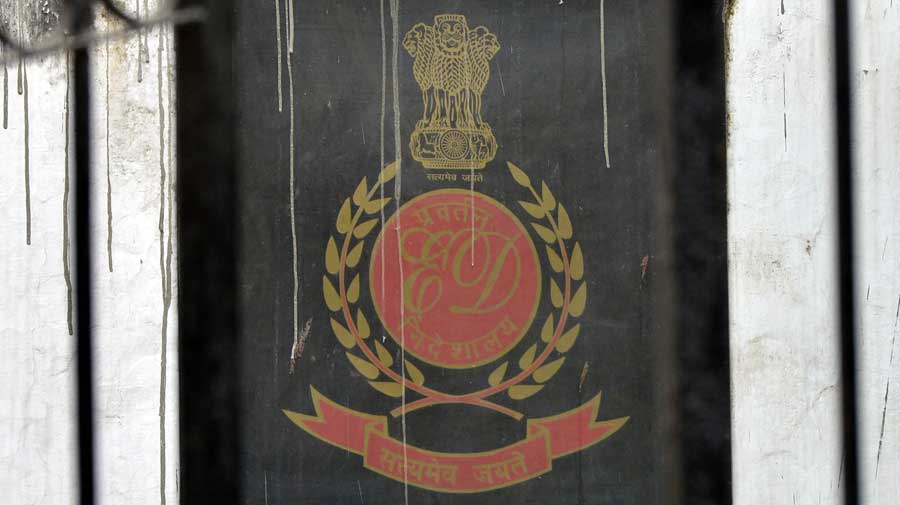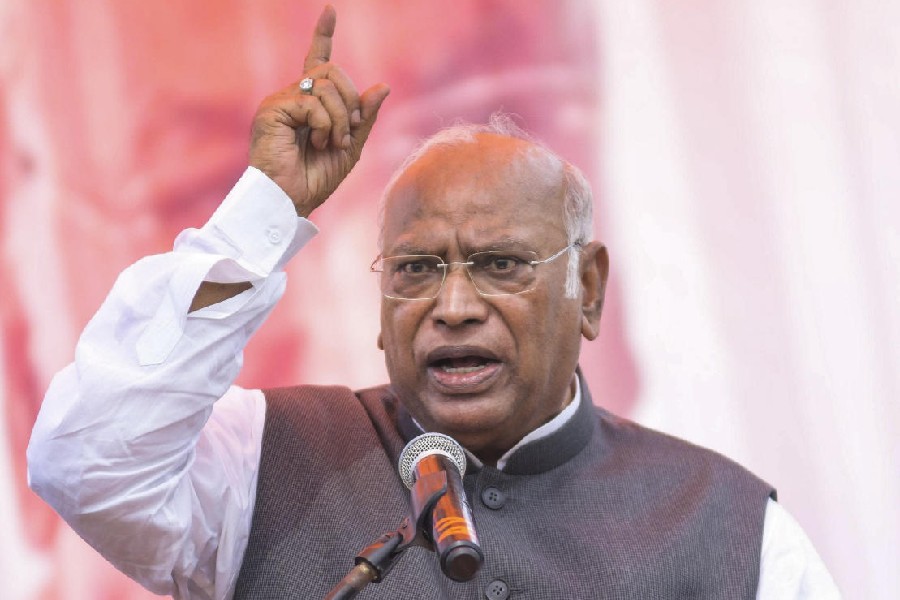The Supreme Court on Wednesday ruled that the government can extend the tenure of retired Enforcement Directorate officers only in “rare and exceptional cases” to complete investigations or other pressing commitments as it upheld the Centre’s decision to grant one-year extension retrospectively to ED chief Sanjay Kumar Mishra.
The apex court also said that Mishra shall not be granted any further extension beyond his present tenure which comes to an end in November this year.
A bench of Justices L. Nageswara Rao and B.R. Gavai passed the judgment while dismissing an appeal filed by the NGO Common Cause challenging the appointment of Mishra as being illegal and contrary to the rules prescribed under the CVC Act relating to the appointment of senior ED officials.
“This Writ Petition has been filed in public interest under Article 32 of the Constitution of India for quashing the order dated 13.11.2020 issued by Respondent No. 1 (the Centre), which extended the tenure of the Respondent No. 2 as Director of Enforcement in the Directorate of Enforcement and for consequential direction to Respondent No. 1 to appoint the Director of Enforcement in accordance with the procedure prescribed under Section 25 of the Central Vigilance Commission Act, 2003 (CVC Act).
“The justification given by the Union of India for extension of the tenure of second Respondent (Mishra) is that important investigations are at a crucial stage in trans-border crimes. The decision to extend the tenure of the second Respondent is pursuant to the recommendation made by the high-powered committee.
“Though we have upheld the power of the Union of India to extend the tenure of Director of Enforcement beyond the period of two years, we should make it clear that extension of tenure granted to officers who have attained the age of superannuation should be done only in rare and exceptional cases.
“Reasonable period of extension can be granted to facilitate the completion of ongoing investigations only after reasons are recorded by the Committee constituted under Section 25 (a) of the CVC Act. Any extension of tenure granted to persons holding the post of Director of Enforcement after attaining the age of superannuation should be for a short period. We do not intend to interfere with the extension of tenure of the second Respondent in the instant case for the reason that his tenure is coming to an end in November 2021. We make it clear that no further extension shall be granted to the second Respondent,” the apex court said.
The NGO had contended that Mishra, vide an order dated November 19, 2018, was appointed as the ED director for a period of two years from the date of assumption of charge of the post or until further orders, whichever is earlier. The two-year tenure came to an end on November 19, 2020. Mishra has already reached the retirement age of 60 years in May 2020.
However, vide the impugned office order dated November 13, 2020, it was notified that the President has been pleased to approve the modification in the earlier order dated November 19, 2018, appointing Mishra as ED director for a period of “three years”.
Hence, the petitioner had sought quashing of the order granting him an extension of one year.
Rejecting the argument, Justice Rao, who authored the judgment, while interpreting the various rules, including the CVC Act, said: “…there is no fetter on the power of the Central Government in appointing the Director of Enforcement beyond a period of two years.
“Having examined the report of the independent review committee and the judgment of this Court in Vineet Narain’s case (1998), it is clear that the minimum period of two years provided in Section 25 (d) is to prevent extraneous pressure.”
“Prescription of a minimum period of two years is to ensure that the Director of Enforcement is not transferred or shifted from the said post during the course of investigation of serious offences. There is no ambiguity in Section 25 (d) of CVC Act and the words ‘not less than two years’ simply mean a minimum of two years.” Justice Rao said while upholding the extension.












